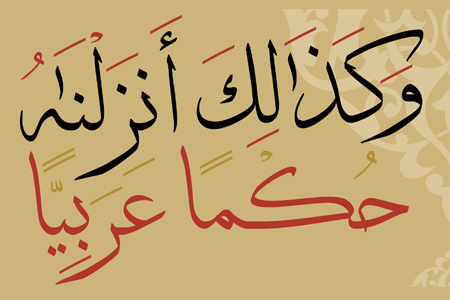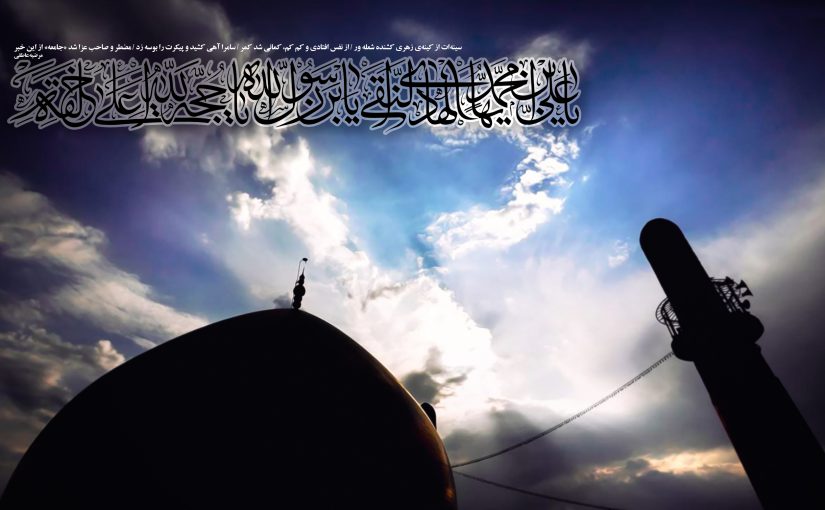A Beautiful Ode for Lady Zaynab (as)
Below we have translated a beautiful qaṣīdah by the poet—Ibrāhīm ibn Yaḥyā al-‘Āmilī (1154-1214 AH)—in honor of Lady Zaynab.[1] The poet was one of the students of the famous Shī’ah scholars Shaykh Mahdī Baḥr al-‘Ulūm and Shaykh Ja’far Kāshif al-Ghiṭā’. As usual, we have appended some footnotes on deeper points of Arabic linguistics/eloquence where appropriate … Read more









































